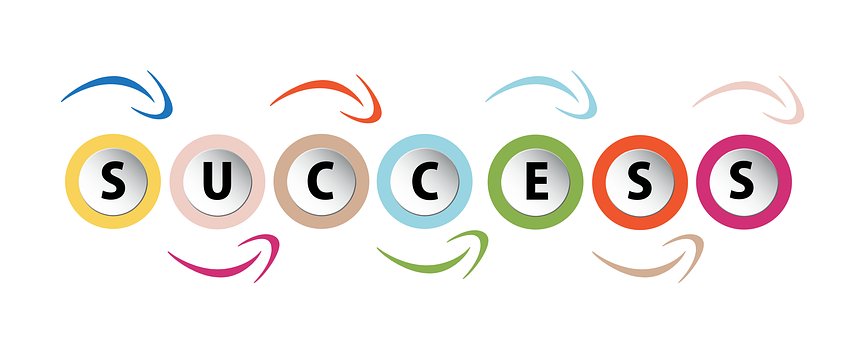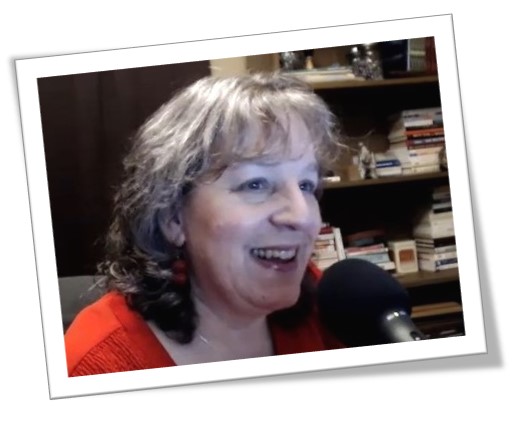
You can ask 10 different people what “success” is and you’ll get 10 different answers. However, most people agree about how you arrive at success, the destination, regardless of what your definition of the term is.
In my 40+ years working in the insurance industry, I’ve made my share of mistakes and learned my share of lessons. I’ve been mentored by some wonderful people and watch a boatload of people succeed. I’ve seen people fail to achieve their desired outcomes, as well.
Eleven years ago, I made a list of what I believed to be the required elements of success. That list included:
- Attitude
- Research
- Resources
- Essential knowledge, based on your goal(s)
- Relationship
- Organization
- Time management
- Money
- Paying attention to other people
Some people will tell you luck plays a role in success. And maybe they’re right. But I tend to believe my father’s take on that perspective:
Why is it that successful people seem to have a lot of good luck? Successful people make their own luck by putting themselves in so many good situations good luck seems to follow them. Ergo: the harder you work, the luckier you are.
Donald F. McHenry
I believe a person’s mental attitude and relationships are the two most important elements of success. But I have an opinion about all 9 of those elements.
The nature of your job, occupation, or profession doesn’t matter. Your tenure at what you do doesn’t matter either–whether you’re a newbie or an expert. What matters is that you can take these 9 components of success and apply them to your job, occupation, profession, or task and accomplish your goals.
Launching a marketing campaign? They apply to you. Starting a new business. Ditto. The same holds true if you just want a fresh perspective on what you’ve known all along.
I discuss these 9 elements of success in my book, Taking the Mystery out of Business. The book is available right now on Amazon in both eBook and paperback.
What do YOU view as the fundamentals to success?




